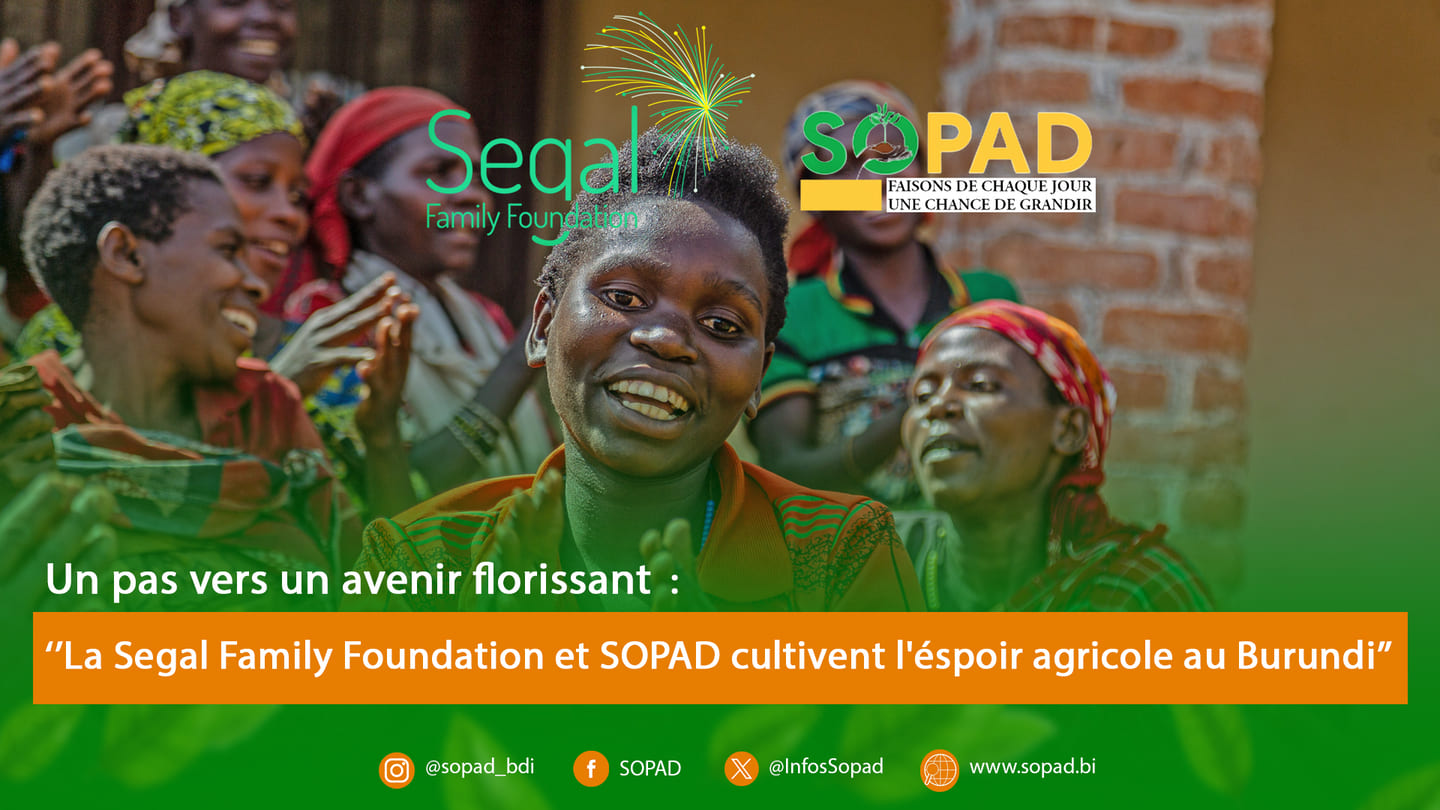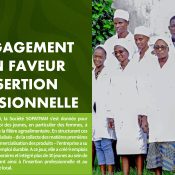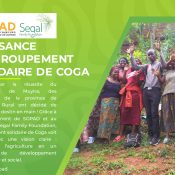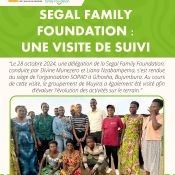
A Step Towards a Flourishing Future
In an effort to encourage and support sustainable agricultural development in Burundi, the Segal Family Foundation recently granted funding to the Solidarity for the Promotion of Sustainable Agriculture - SOPAD. This initiative has had a significant impact, particularly for the youth involved in the collection and production of passion fruit within the COPAD cooperative.
The funding has played a crucial role in creating jobs for young members of the COPAD cooperative, providing them with an opportunity to generate sustainable income. This has been made possible through the establishment of model fields in Gitaza, Rumonge province, and Muyira, Bujumbura Rural province. These model fields have been set up to promote passion fruit cultivation within surrounding households. Thus, young Burundians are reaping the fruits of support from the Segal Family Foundation.
Passion Fruit Model Fields for a Sustainable Future
The tangible results of the Segal Family Foundation's funding are evidenced by the increasing production of passion fruit in the established fields, reflecting the positive impact on the COPAD cooperative. These dynamic youth are now positioned as reliable suppliers of raw materials to the Agricultural Production and Modern Transformation Company (SOPATRAM), a company initiated by SOPAD. This mutually beneficial collaboration goes beyond the economic aspect, strengthening the confidence of COPAD members in the potential of their cooperative and fostering their strategic integration into the agricultural value chain. Thanks to the foundation's long-term vision, this supported initiative creates synergy between local passion fruit production and the agri-food sector, thus propelling economic empowerment and sustainability for agricultural communities in Burundi.
The progress observed brings particular satisfaction to Ezechiel Ndikumana, who rejoices in the prospects offered by the increasing production of passion fruit in the fields supported by this funding. For him, this represents a crucial opportunity to sustainably provide for his family's needs. Similarly, Joel Iraharira, hailing from Gitaza, emerges as an exemplary farmer and promoter of passion fruit. His goal is to serve as a role model and encourage other youth to engage in entrepreneurship rather than waiting, thus instilling a dynamic and entrepreneurial spirit within the local community.
Enhanced Communication
In addition to funding for passion fruit fields, the Segal Family Foundation has also allocated funds for the development of communication channels for youth activities. This includes product promotion, community awareness, and creating increased visibility for sustainable agricultural initiatives.
The communicative aspect of the Segal Family Foundation's commitment encompasses several crucial dimensions. Firstly, product promotion constitutes an essential pillar to ensure the success of youth engaged in agricultural activities. Thanks to the allocated funds, targeted awareness campaigns can be implemented, highlighting the quality and sustainability of products from the passion fruit value chain as developed by SOPAD. This not only stimulates demand in the market but also enhances recognition of youth initiatives within the community.
The commitment of the Segal Family Foundation extends beyond financial aspects. By investing in strengthening communication capacities, the foundation aims to maximize the positive impact of these agricultural projects within local communities. This holistic approach not only enhances the livelihoods of youth but also promotes sustainable development and economic empowerment at the community level.
Thanks to this fruitful collaboration between the Segal Family Foundation and SOPAD, the promotion of sustainable agriculture in Burundi gains new momentum. The passion fruit model fields serve as inspiring examples, promising to spread the cultivation of this beneficial plant within the region. With engaged youth, created employment opportunities, and strengthened communities, this initiative becomes a model for other sustainable development projects in the area.
Editorial ID




